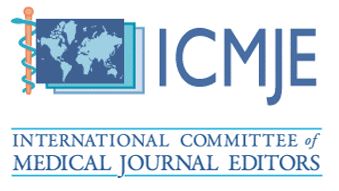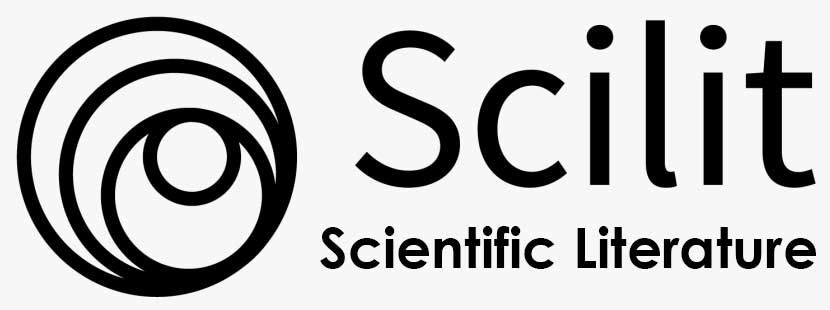Does the Fixed Oil from the Pequi Fruit Extracted by Extractivists from Chapada of Araripe have an Antibacterial Effect?
Hemerson Soares Landim¹, Dennis Bezerra Correia¹, Raimundo Luiz Silva Pereira¹, Janaína Esmeraldo Rocha¹, José Galberto Martins da Costa¹, José Bezerra de Araújo-Neto¹, Cícero Jorge Verçosa2, Mikael Amaro de Souza¹, Clêidio da Paz Cabral2, Allyson Francisco dos Santos2, Elizângela Beneval Bento1, Rafael Pereira da Cruz¹, Victor Juno Alencar Fonseca¹, Adrielle Rodrigues Costa1, Henrique Douglas Melo Coutinho¹, Evely Jamilly Soares Landim3, Viviane Bezerra da Silva1, Maria Flaviana Bezerra Morais-Braga¹, Maraiza Gregorio de Oliveira1 and José Weverton Almeida-Bezerra1*
1Regional University of Cariri, Brazil
²Pernambuco Department of Education and Sport, Brazil
³Doctor Leão Sampaio University Center, Brazil
*Corresponding Author: José Weverton Almeida-Bezerra, Department of Biological Sciences, Biological Sciences Course, Regional University of Cariri, 63105-000, Crato, CE, Brazil.
Received: February 09, 2022 Published: February 28, 2022
Abstract
Popularly, the fixed oil from the fruits of Caryocar coriaceum Wittm. extracted by extractivists from Chapada of Araripe, it is used for the treatment of various diseases, especially for the treatment of infectious and parasitic diseases. Due to this popular use, it was hypothesized that this product had an effect against pathogenic microorganisms. Therefore, this work aimed to determine the chemical composition of this oil, as well as to evaluate its antibacterial and modulatory effect against pathogenic bacteria. The oil was extracted according to the artisanal techniques of extractivists from Chapada of Araripe. For chemical analysis, initially the oil was subjected to transesterification reactions using methanol and KOH as catalyst. Subsequently, the methyl esters were analyzed using a gas chromatograph coupled to mass spectrometry. As for the antibacterial assays, the methodology of serial microdilution in broth against standard and multi drug-resistant bacteria was followed (Escherichia coli, Pseudomonas aeruginosa and Staphylococcus aureus). In addition, the modulatory effect of drugs (erythromycin, gentamicin and norfloxacin) at sub-inhibitory concentrations (MIC/8) was evaluated. The Gas Chromatography results showed a total of four constituents in the oil, with oleic acid (59.46%) and palmitic acid (33.58%) being the major compounds. Regarding the antibacterial activity, the oil did not present an intrinsic effect, however, when associated with antibiotics, it was able to increase its antibacterial activities, such as for erythromycin against P. aeruginosa and E. coli, and for this strain there was a reduction of antibiotic MIC (32 µg/mL) to 2 µg/mL.
Keywords: Caryocar coriaceum; Caryocaraceae; Antibiotic; Fatty acid, Ethnopharmacology.
Citation: Landim HS, Correia DB, Pereira RLS, Rocha JE, da Costa JGM, de Arau jo-Neto JB, Verçosa CJ, de Souza MA, da Paz Cabral C, dos Santos AF, Bento EB, da Cruz RP, Fonseca VJA, Costa AR, Coutinho HDM, Landim EJS, da Silva VB, Morais-Braga MFB, de Oliveira MG, Almeida-Bezerra JW. “Does the Fixed Oil from the Pequi Fruit Extracted by Extractivists from Chapada of Araripe have an Antibacterial Effect? ”. SVOA Microbiology 3:1 (2022) Pages 01-06.











